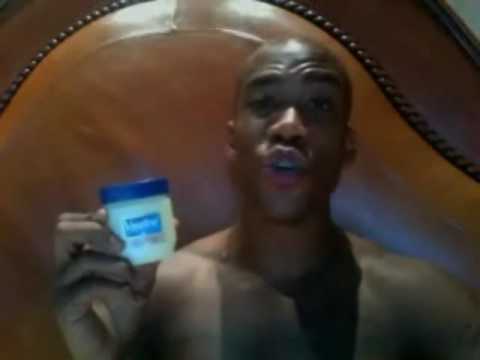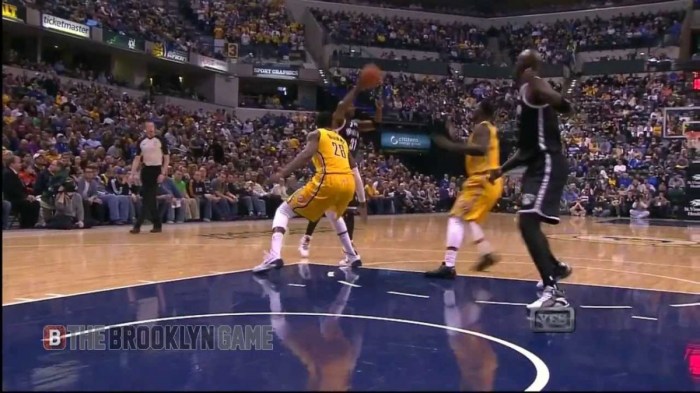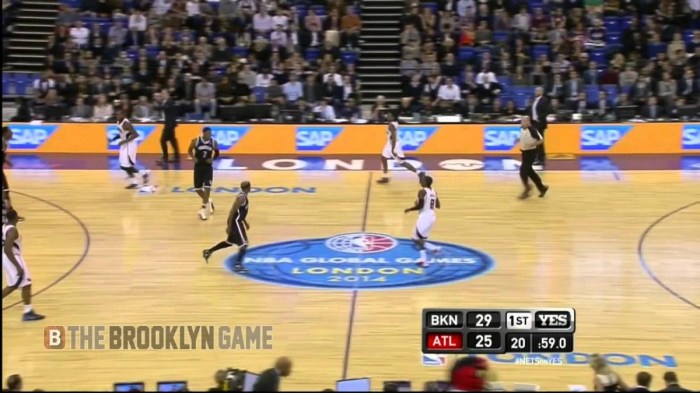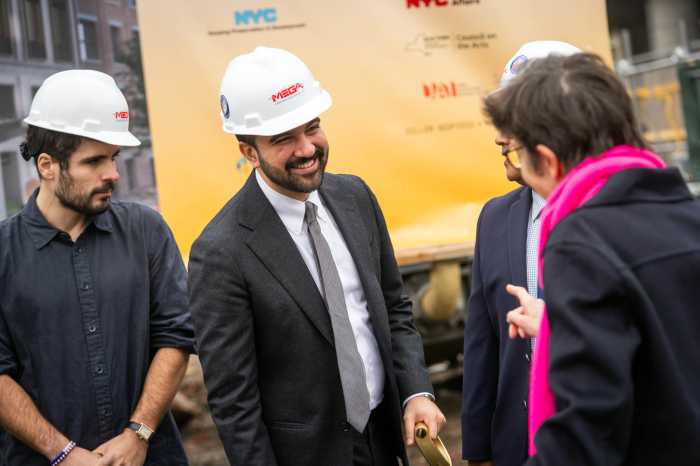To write anything about Stephon Marbury these days, you first have to address the elephant in the room: Marbury’s intense personal meltdown at the tail end of his career.
Okay, Steph lost it there for a little. (Okay, a lot.) But in all fairness, after playing for the mess known as the mid-decade New York Knicks for five long years, wouldn’t you? Marbury’s entire career was quite tumultuous, but his time with the Knicks was especially bizarre. He feuded with coaches; first Larry Brown, then Isiah Thomas and finally Mike D’Antoni, who flat-out told Marbury to stay away from the team despite still being under contract.
Then, it leaked during Isiah Thomas’ sexual harassment trial that Marbury sexually assaulted a Knicks team intern, later revealed as simply the married Marbury and the intern engaging in sexual acts in the back of a truck after an outing to a strip club. Classy!
Finally, in one more unreal flameout, Marbury broadcasted his life online — non-stop — for 24 hours, and within that time he managed to spontaneously begin crying while listening to music and eat vaseline. Part of me wishes I was kidding. Only part of me.

My initial reaction to this deal? Pure excitement. After all, Marbury was a young and emerging point guard in the NBA, and at this time streetball and hip hop culture was just being ushered into the NBA. Along with Allen Iverson, nobody personified this culture the way Marbury did. His arrival gave the Nets instant credibility and amongst casual fans, the Nets now had a face that could potentially sell tickets.
From his raw talent, you could make the case that there were few players as physically gifted as Starbury. He possessed explosive quickness, the physical strength of a power forward, springlike leaping ability, ballhandling wizardry, and while his game was more about penetrating, Marbury had deep range.
Few players were as fun to watch as Starbury in his prime. Just look at some of his highlights in a Nets uniform:
- The 50-point game against the Los Angeles Lakers in 2001.
- His All-Star game winning three-pointer in the face of Jason Kidd in 2001.
- The reverse alley-oop he caught against the Timberwolves. (Make sure you watch with sound so you can hear both Jim Spanarkel and Ian Eagle just lose it.)
You knew if you watched a Nets game, it was possible you may something you’ve never seen before on a basketball court. It’s easy to forget, but Marbury had that kind of talent.
His numbers with the Nets were solid; you could just about guarantee 20+ points and 8+ assists nightly. But the problem with Stephon has never been his on-court production. Marbury’s trouble was because his attitude and leadership abilities; his shoot-first and shoot-often mentality often took his teammates out of the game and isolated them.
During Marbury’s time with the team, the Nets were not exactly the most talented bunch. Marbury made no secret to hide his displeasure with his teammates, famously writing “All Alone” on his ankle tape before games. (In all fairness, the lack of quality talent on the Nets roster during Marbury’s time is pretty staggering. Sure, Marbury didn’t make his teammates better necessarily, but take a look at the box score from Marbury’s 50-point game above and you could understand the frustration.)
Perhaps then it was poetic justice that Marbury’s run in New Jersey ended when the Nets traded him to the Suns for Jason Kidd. Kidd, the ultimate team-first, selfless point guard, forever linked with Marbury, perhaps the face for the selfish, me-first player.
In the end, knowing what we now know about Marbury, it probably never would’ve come together for him in New Jersey. Still, it’s hard to forget the feeling of possibility when I watched him play.
I’ll let his highlights speak for themselves:




















